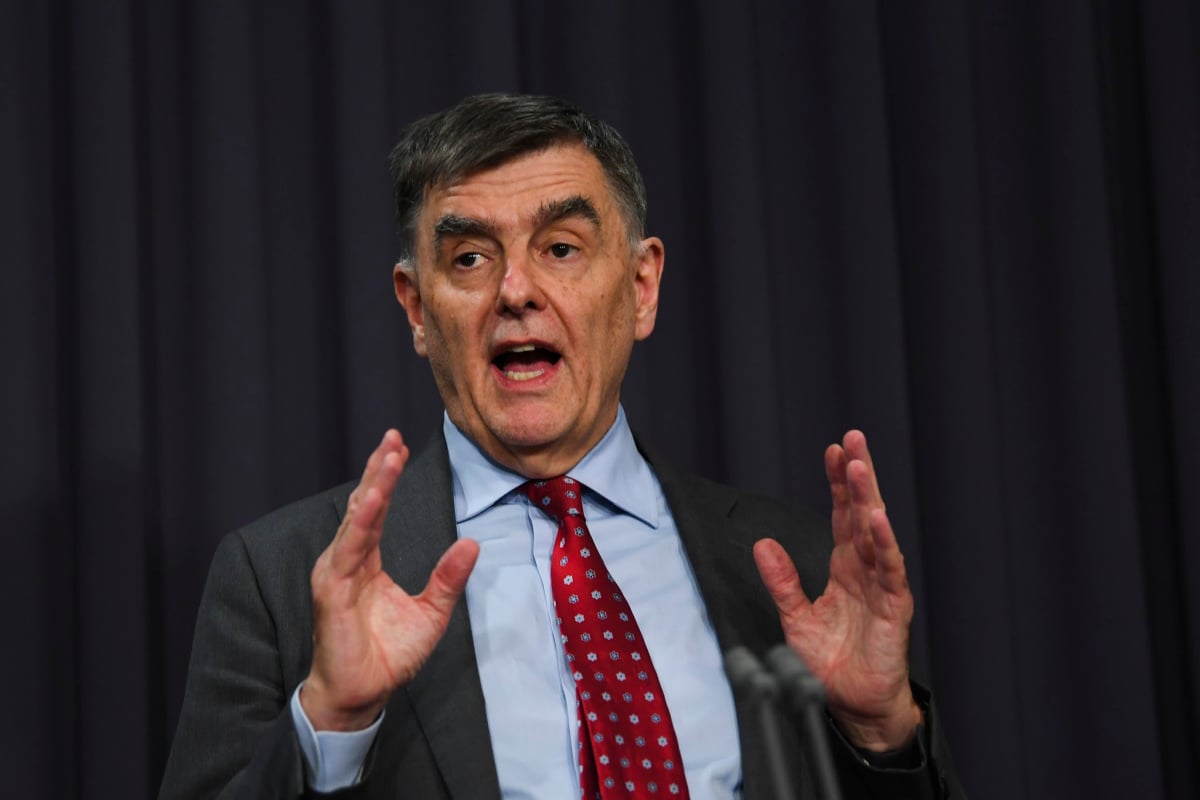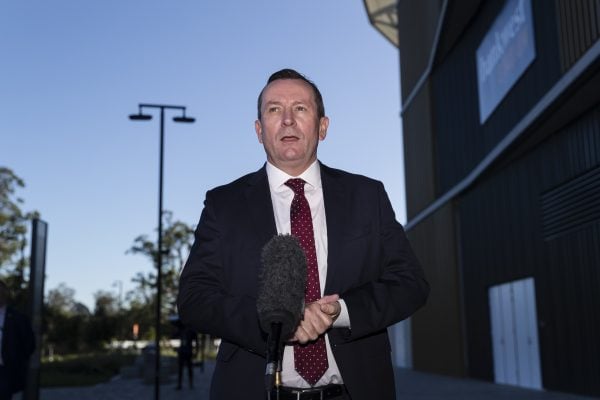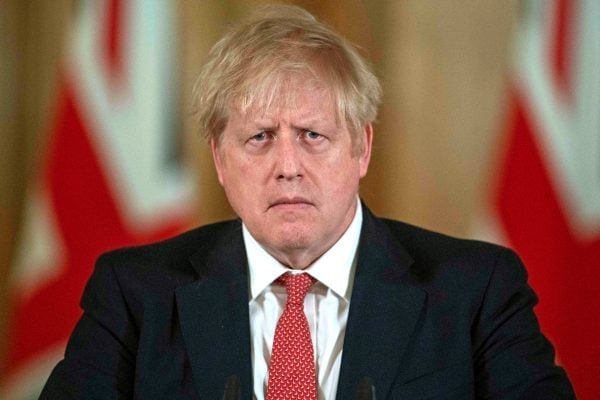
The federal government has launched the COVID-19 tracing app.
The federal government’s coronavirus app to help trace people who come into contact with a confirmed case of coronavirus will be launched nationally tonight, Sunday April 26, from 6pm.
In a press conference on Sunday afternoon, health minister Greg Hunt and the chief medical officer Brendan Murphy launched the tracing app, called COVIDSafe.
“How does it work? Very simply,” Greg Hunt said.



